Music. It’s often one of the first subjects to feel the impact of funding cuts and one of the last to benefit from facility and equipment upgrades. Some schools don’t offer music and others make students choose between arts electives. Yet the research overwhelmingly points to significant benefits for students that extend far beyond the subject itself.
“I would teach children music, physics and philosophy; but more importantly music; for in the patterns of music and all the arts, are the keys to learning.” – Plato
Here’s what every parent needs to know about music education.
Music makes you a better mathematician
A musician uses a multitude of skills when performing music. One of those skills is music reading. Champions of change: the impact of the arts on learning is a publication that covers the impact of the arts on learning. One of the findings is that music reading seems to have a direct effect on a child’s mathematical ability. Reading music – with its concepts of time, rhythm and pitch – teaches children to recognise patterns, increases their spatial intelligence and helps them to understand concepts such as fractions and ratios. Beyond maths, playing a musical instrument develops neural pathways to activate all areas of the brain at once, as this TED-Ed lesson shows.
Music improves your mental health
Have you ever listened to a song that stirred up a strong emotional reaction? I’m sure we can all relate to this. Perhaps the song reminded you of a person or point in time. It may have left you feeling energised, reflective, happy or relaxed. Music is a powerful stimulus that has a strong effect on our moods and sense of wellbeing. Performing music can be even more powerful as it is as much a physical sensation as it is a mental one. There are also strong correlations between music and memory, with numerous examples of dramatic positive changes in people with dementia.
Music strengthens your social skills
The benefits of music education extend even further to strengthening social skills. Music students are often required to play in a group and work with others to achieve an end goal. This helps students to develop a better awareness of others and increases their emotional intelligence. Music is also a powerful tool for boosting confidence and self-esteem. For students who are artistic rather than athletic, it can form a strong part of their identity and be a vital form of self-expression.
Music promotes teamwork and celebrates diversity
Making music with others promotes a culture of tolerance and teamwork. Student musicians learn from an early point that everyone is different – and that is a positive thing. The key is to learn how to celebrate diversity, manage differences and work together to achieve the end goal.
This is only scratching the surface when it comes to the many benefits of music education. For more information, you can visit Music Australia.
For more educational insights from The Scots College, subscribe to our fortnightly newsletter News from Scots.






